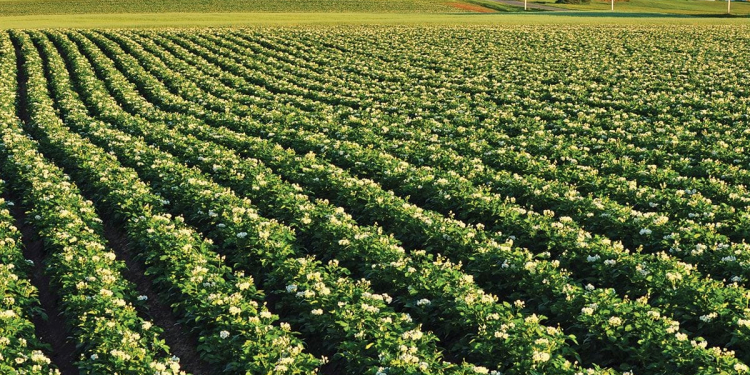The northern clay area along the Wadden Sea is the breeding ground for Dutch seed potato cultivation. This area should not be sacrificed for nature development. This is the statement of the Dutch Arable Farming Trade Union (NAV), the Dutch Potato Organization (NAO) and the trading houses HZPC and Agrico in a joint letter to the Permanent Committee of LNV.
The four parties have jointly objected to the Agenda for the Wadden Region as presented by Minister Van Nieuwenhuijzen. Several departments of LTO Noord have also objected. An initial exploratory meeting has since taken place with the Ministry of Infrastructure and Water Management, in which the parties have presented their objections. “But we are not yet reassured that it will end well,” said NAV chairman Teun de Jong.
National Park
Because there are several hijackers on the coast: The National Park Exploration Committee has launched a plan to designate the Wadden area as a National Park. NAV, NAO, HZPC and Agrico object to this, because the northern clay shell is of crucial importance for the cultivation of seed potatoes. This can be done in the most sustainable way in that area, because there is the least virus transmission by aphids because of the climate and the soil there. “The potatoes that are grown here are shipped all over the world,” says De Jong. Of all seed potato cultivation in the Netherlands, Groningen, Friesland and Noord-Holland have a share of 55 percent (24,000 hectares of the 43,000 hectares total in the Netherlands). A large part of this concerns the Wadden region.
Director Gerard Backx of HZPC also questions the nature plans for the northern clay area. “If a prominent area for arable farming is apparently so easily sacrificed for nature development, what are we doing?” Many HZPC growers have recently reported to the trading house to express their concerns about the possible developments. “The call to do something about this is great.” According to director Dick Hylkema of the NAO, the current plans for the Wadden area do not sufficiently state the great importance of the northern sea clay area for the seed potato sector. “That is where the basis for the seed potato sector lies, where the starting material is grown for not only the Netherlands, but for the whole world.”
Salinization
The NAV in particular, but also the three other organizations, have doubts about the planners’ position that the changes have no consequences for the area concerned. The NAV has previously protested against the plans of Minister Van Nieuwenhuijzen to pull the northern clay shell near the Wadden area and make arable farming subordinate to the objectives of the Wadden Sea. These plans entail, among other things, that there will be soft transitions between fresh and salt water, as a result of which salinization will occur in Lauwersmeer and IJsselmeer and of the groundwater. “That kills agricultural production in this area,” says De Jong firmly.







